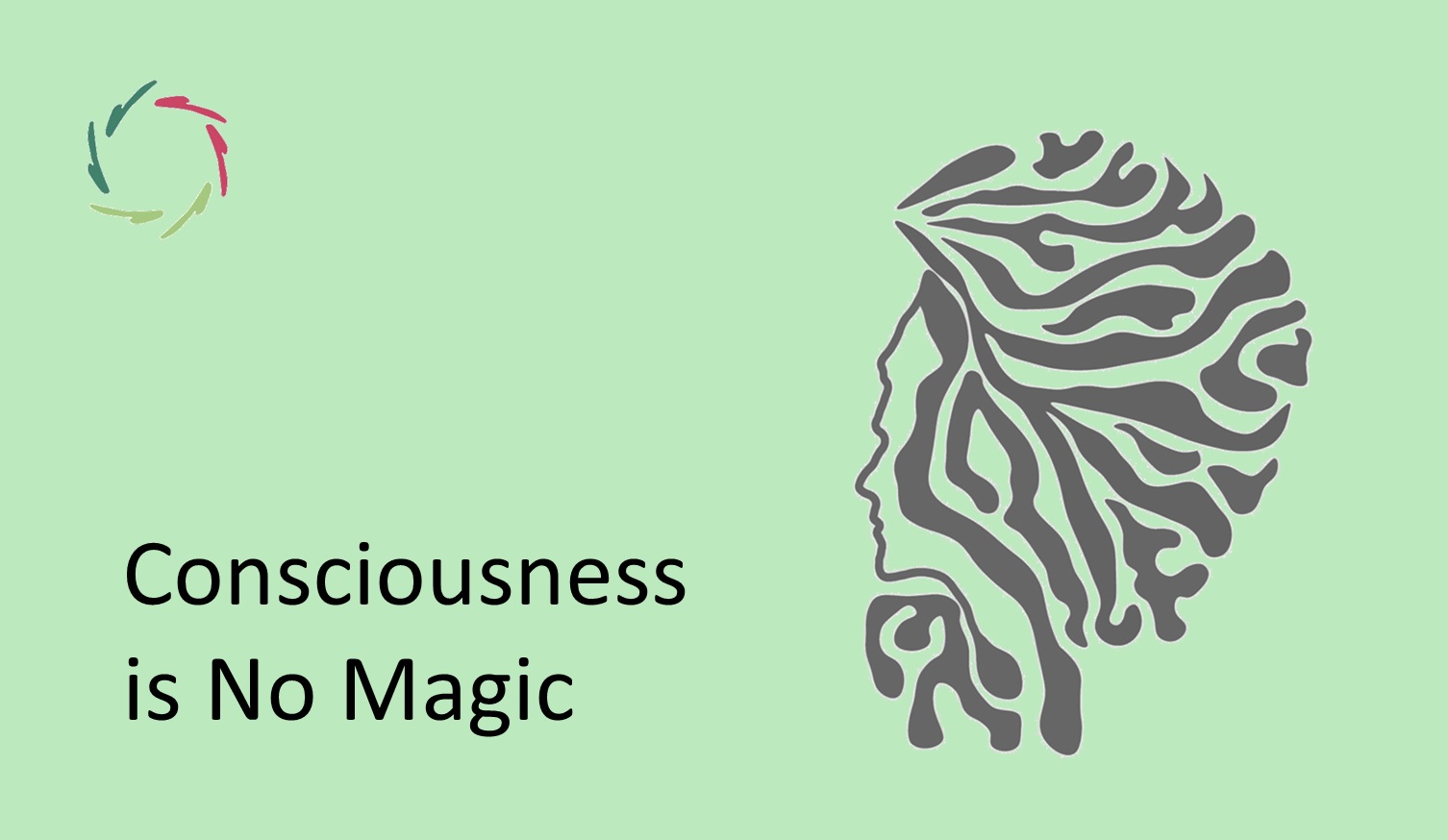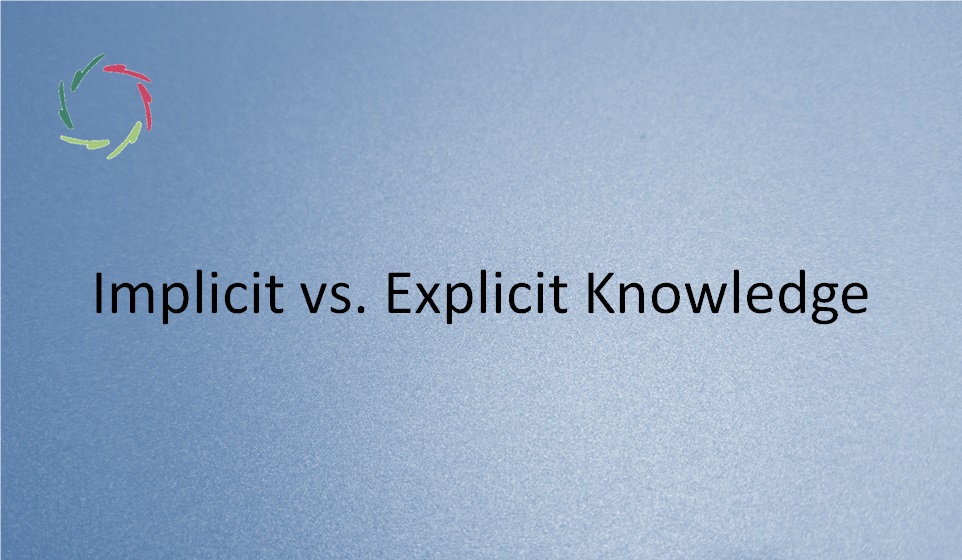Consciousness is No Magic

Many people, including researchers, often regard consciousness as mysterious, almost magical. Yet, there’s nothing magical about it. Understanding consciousness requires a clear, grounded approach.
Of course, ‘consciousness’ is a conceptual cloud—an umbrella term for various ideas, used differently by people or even by the same person in different contexts.
There is no magic in that cloud.
Nor is there a need for it, as reality itself is inherently fascinating.
People search for magical explanations because they don’t sufficiently appreciate themselves as they are.
Wateriness
What gives water its wateriness? There’s no “wateriness” in individual H2O molecules, no matter how many you have. So, is wateriness a mysterious feature? Is there magic in the simple water we drink every day?
Is the essence of wateriness some ungraspable “thing” that defies understanding? Is it a hard problem, one that remains unsolvable no matter how much effort we invest?
Like the ‘hard problem of consciousness’?
Then, everything is like consciousness, and everything is a hard problem.
Pondiness
A tiny bit closer to our aim of understanding consciousness as non-magical is a pond. The surface of a pond doesn’t exist independently of what’s beneath it. Similarly, what appears at the surface is constantly changing, much like the flow from the deeper mind to consciousness.
So, is the pond that you see a mystery? Is every pond a magical pond?
Then the word loses its meaning — otherwise, no magic.
Visual illusions
In short, we sometimes see things that aren’t there. We perceive “it” – like bent lines when only straight ones exist – due to quirks in our visual system.
So, the ‘it’ is nowhere but in perception. The couple of bent lines doesn’t exist, and yet you see/experience ‘it.’
The fact that you experience consciousness doesn’t mean it exists. It may be a quirk of your mind/brain. It then exists no more than does pondiness.
You can work with consciousness as with any concept, whether it points to something real or not. The concept may feel very real, but that doesn’t prove anything. Certainly, no magic is involved.
Phantom limbs
This is also a quirk of the mind/brain. Cutting it short, 90% of people who have lost a limb still feel it sometime afterward. While the limb isn’t there, the experience is.
The experience doesn’t regenerate the limb — no magic involved.
Once again, even a profound experience doesn’t make ‘it’ real outside of the experience itself. In other words, the existence is confined to the experience — no magic involved.
Generally
These are some examples of experiences that can go even very deep without reality being involved.
Therefore, it’s tricky to relate reality to them. It becomes even more tricky if a deep wanting is involved, especially one on an existential level.
Consciousness in life — drive
Until now, we know consciousness only in living things — unless in panpsychism, where it’s projected everywhere, but that is, in my view, a no-brainer.
Back to life. Life on Earth (and probably elsewhere) started with a drive for self-preservation. Of course, in a bacterium, the drive shows differently than in us. This desire to imbue consciousness with magic stems from a deep-rooted drive to ease existential fears and find meaning. Two remarks:
- Consciousness is not needed for ‘wanting consciousness.’ Eventually, one may want Santa Claus to exist even while knowing the good man will never come.
- If one puts ‘wanting consciousness’ as part of what leads to this so-called-consciousness, then there is no need for any magical consciousness. The wanting is enough — which is, as we just saw, part of the drive.
So, do we lose something?
Not in my view.
We lose no magic, as there was none to begin with. We needn’t even lose the good feelings associated with consciousness since its non-existence beyond experience is a rational understanding. Also, we don’t need to do much to have this experience. It comes naturally.
We can keep the experience and work with it.
It’s a valuable and comfortable feeling. There is no need to draw magic into it. Without magic, we may experience it even more straightforwardly, more genuinely.
Valuing ourselves as we are, free from the crutch of magical thinking, empowers us to rely on our innate abilities and rational thought rather than waiting for external forces to shape our destinies. By doing so, we empower ourselves to take meaningful action and make decisions based on reality, not illusion.
On a global scale, freeing ourselves from the distractions of mystical and supernatural pursuits allows societies to focus on tangible solutions to the world’s problems. This shift could lead to a fundamentally better world where empathy and understanding triumph over fear and division.
This is a world where reason and compassion prevail and where countless lives are no longer lost to the false allure of magical thinking.


